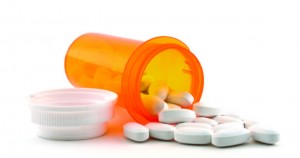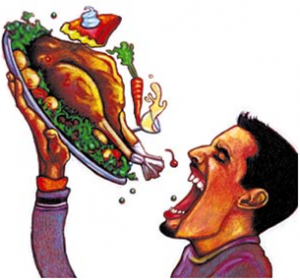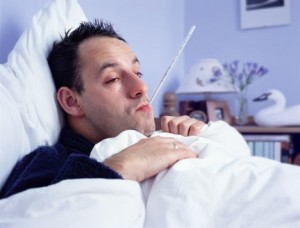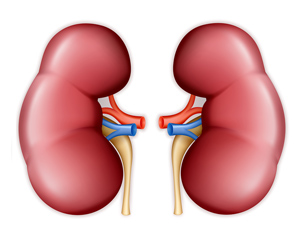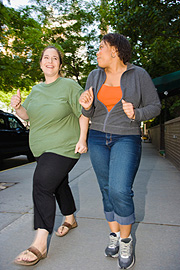 Diabetes is a disease in which blood glucose levels are above normal. Most of the food we eat is turned into glucose, or sugar, for our bodies to use for energy. The pancreas, an organ that lies near the stomach, makes a hormone called insulin to help glucose get into the cells of our bodies. When you have diabetes, your body either doesn’t make enough insulin or can’t use its own insulin as well as it should. This causes sugar to build up in your blood.
Diabetes is a disease in which blood glucose levels are above normal. Most of the food we eat is turned into glucose, or sugar, for our bodies to use for energy. The pancreas, an organ that lies near the stomach, makes a hormone called insulin to help glucose get into the cells of our bodies. When you have diabetes, your body either doesn’t make enough insulin or can’t use its own insulin as well as it should. This causes sugar to build up in your blood.
A person with prediabetes has a blood sugar level higher than normal, but not high enough for a diagnosis of diabetes. He or she is at higher risk for developing type 2 diabetes and other serious health problems, including heart disease and stroke.
How can type 2 diabetes be prevented?
Research shows that modest weight loss and regular physical activity can help prevent or delay type 2 diabetes in up to 58% in people with prediabetes.

